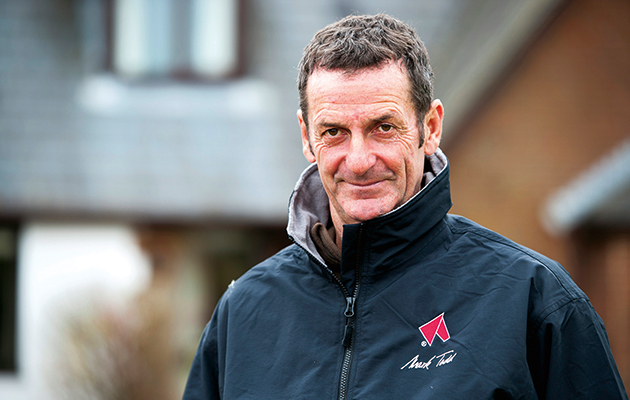For the New Zealand team, little things just went wrong right from the start in Rio. Jock Paget’s horse Clifton Lush had a freak accident in the stable, needing four layers of stitches. Then none of us got the dressage scores we’d been hoping for. All the horses were a bit on edge in the arena, and we ended up in sixth. But we did think that the cross-country might be very influential, so we hadn’t given up hope.
The course was one of the cleverest I’ve seen in recent years — full credit to designer Pierre Michelet. It was three-star in dimension, but certainly four-star in technicality. We thought beforehand that if you wanted to win a medal, you would have to take the straight routes, and that the time was likely to be tight.
However, it also looked as though the lesser nations could get round with good jumping without being too slow, and that is pretty much how it proved to be.
We New Zealanders were certainly very happy to be riding proper four-star horses. Fence six, a double of brush corners, was one of the most technically difficult I’ve ever had to jump. The first part had to be tackled on an acute angle, and horses couldn’t really see the line to the second corner until they had landed and gone a further two strides, but luckily they locked on to it and went.
We all felt that the direct route at fence 23, the corner to gate, was not a fair option, and Pierre admitted afterwards that he didn’t think he’d got it right. The long route was perfectly jumpable — but it was while taking that slower route that Tim Price’s Ringwood Sky Boy slipped and fell on the flat.
That put the pressure on the remaining three of us: we had to go clear, which we did. We hauled ourselves up into silver medal position after cross-country, which made us happy again, knowing that we were on pretty reasonable showjumpers.
However, the team showjumping round upset everything again. I went into the arena knowing I had a fence in hand to win gold and feeling as confident as you can in that situation.
But when I got on Leonidas II, it felt like I hadn’t ridden him for a week, he was so full of himself. I knew I was in trouble as soon as we started: his head was in the air and his back was rigid. We could have had three fences down and still won a medal — but no, we had four down. Unbelievable.
I’d dropped from fourth to 11th individually, and at first I thought I wouldn’t jump him again in the second round, but I didn’t want to leave it at that — and he jumped a lovely clear. How frustrating.
Leaving a legacy
The whole week was a rollercoaster of fortune and emotion for everyone. But, after all the scaremongering before we went, it was a very relaxed and friendly Games. Yes, there were a lot of empty seats and hotel vacancies — probably because of the scaremongering and local hostility about the vast sums of money spent on it all.
Either side of the brand-new motorway, that only those involved in the Games could use, and the Olympic Park you could see the favelas.
I just hope the Brazilians are able to capitalise on what is a world-class facility in the future.
Ref Horse & Hound; 18 August 2016

